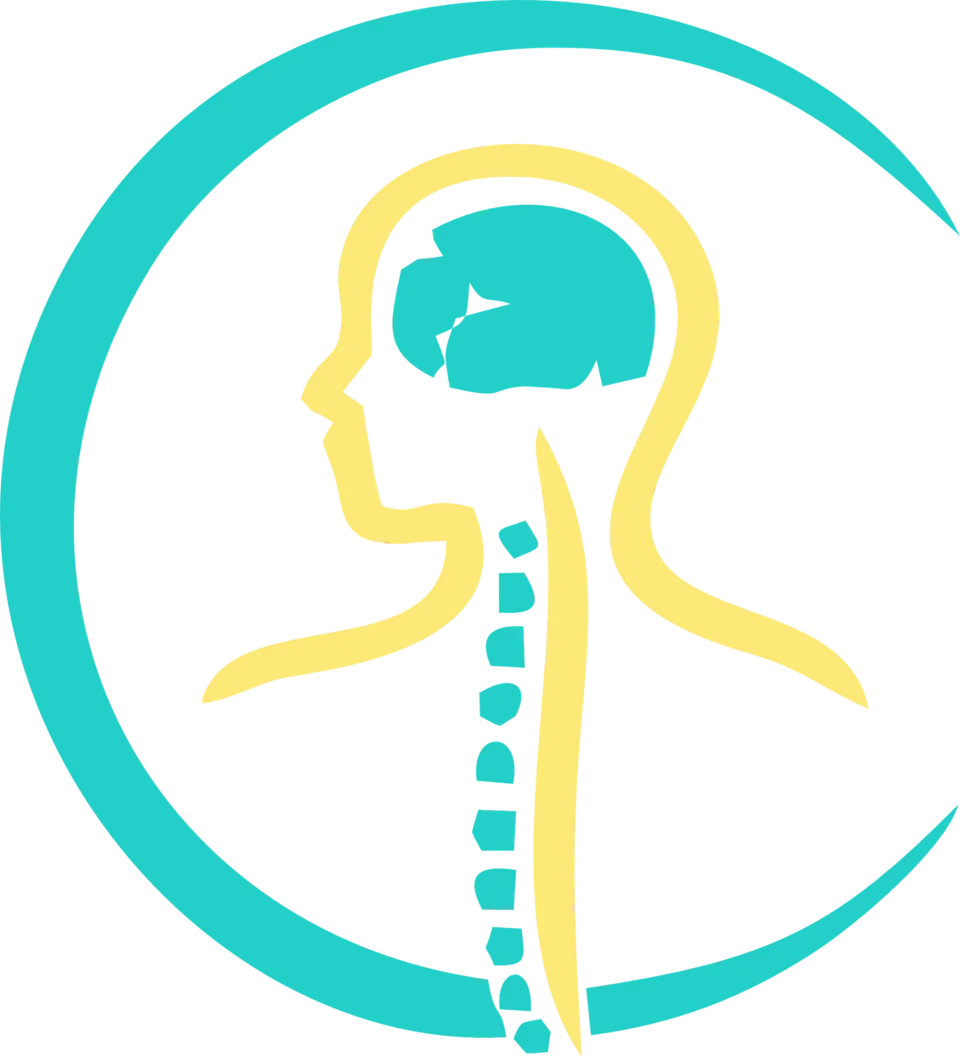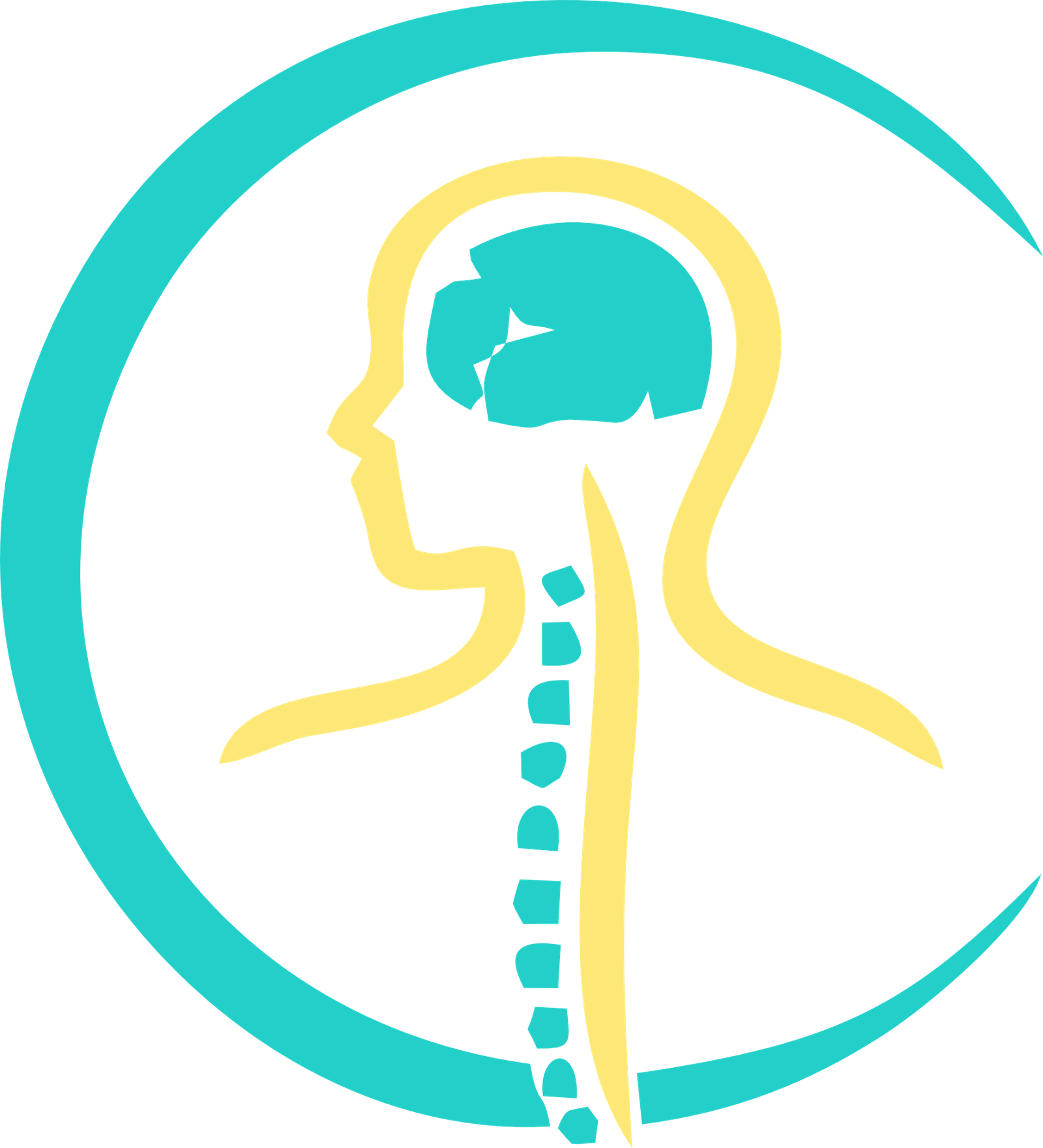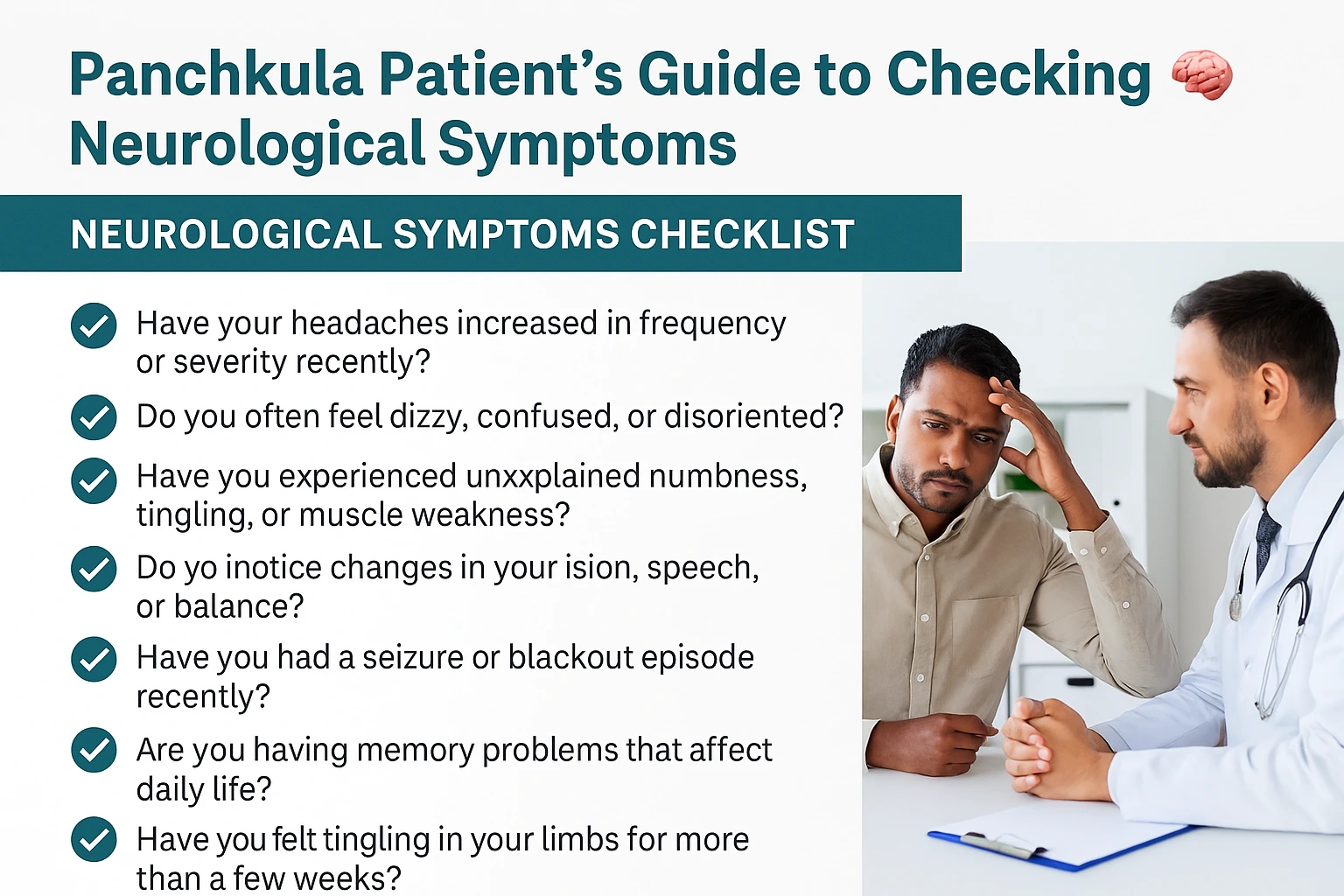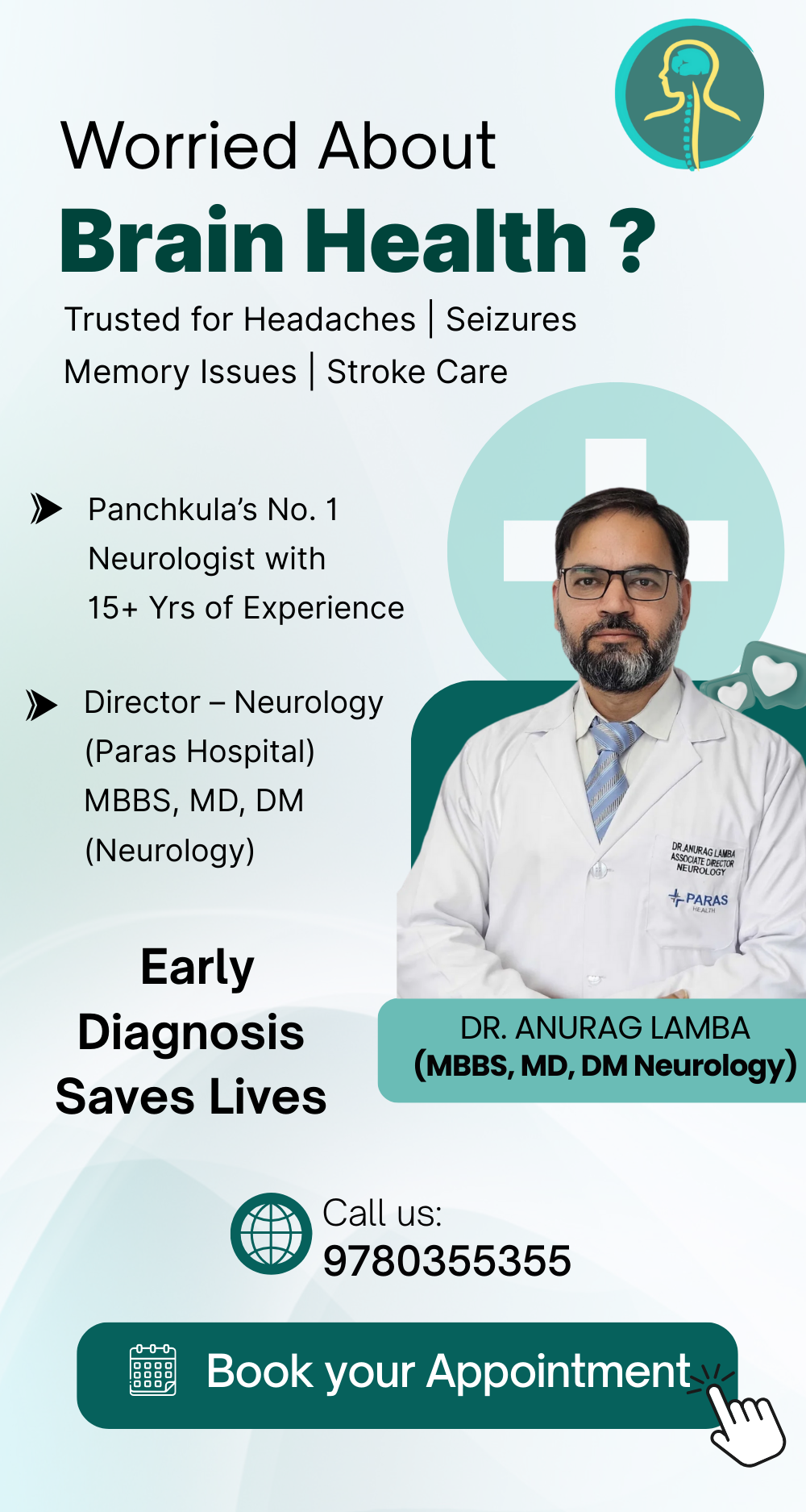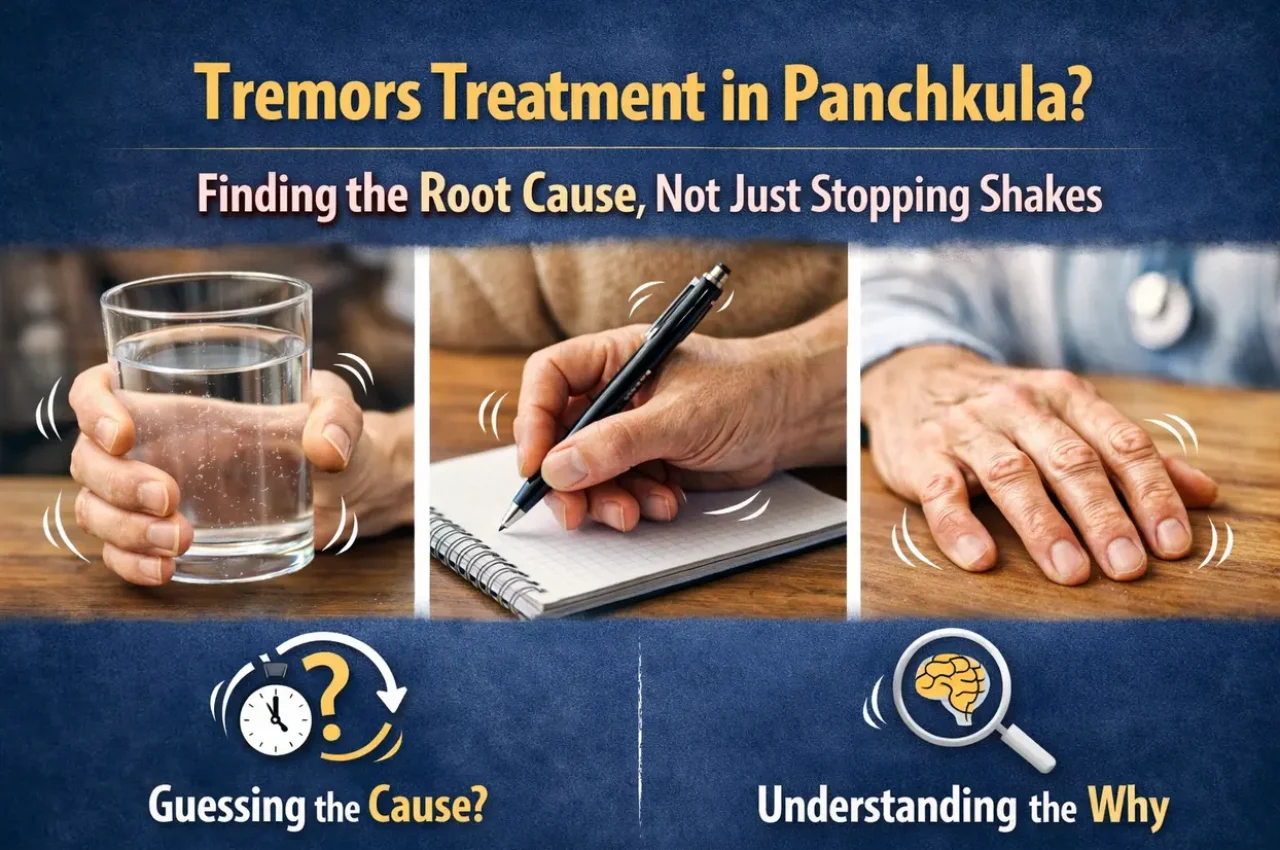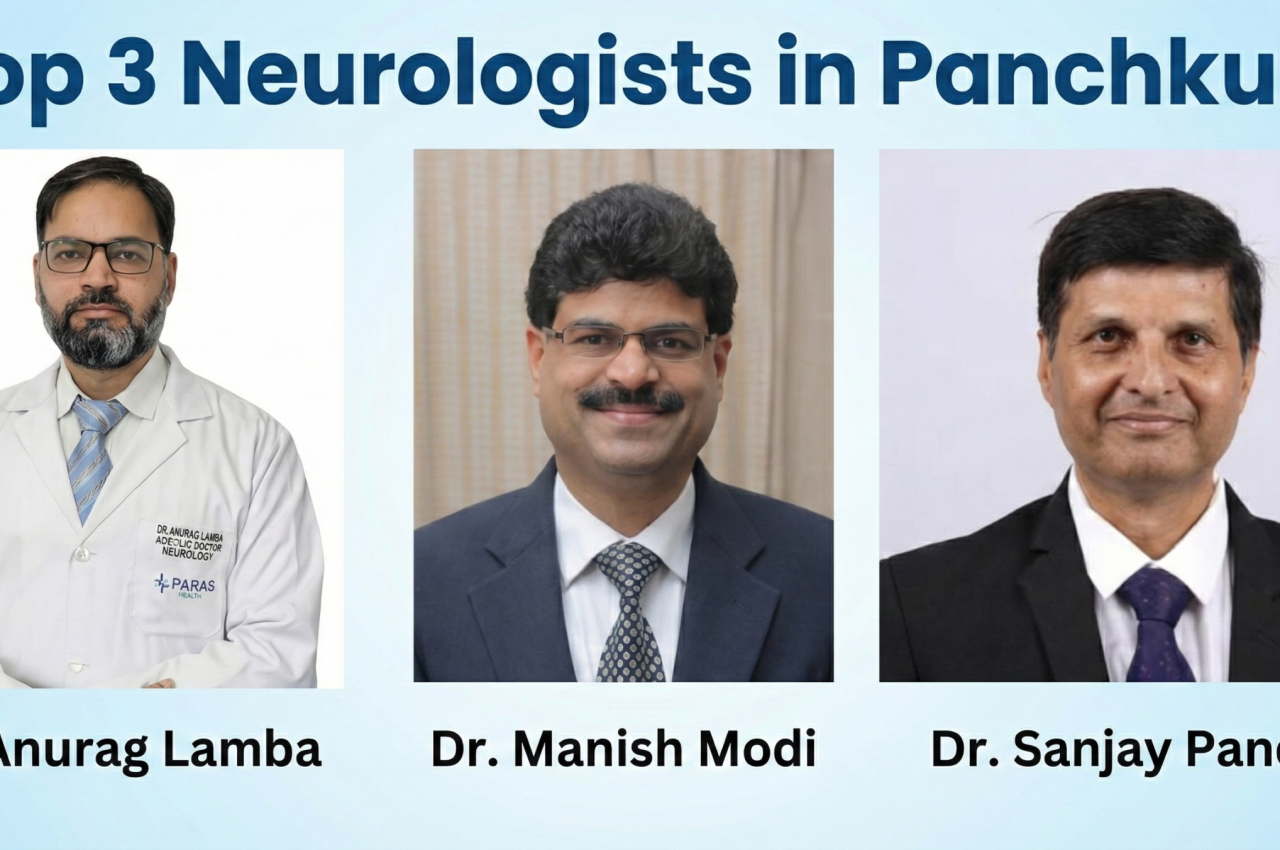Don’t Ignore the Signals Your Brain or Nerves May Be Sending
Many people brush off early signs of neurological problems thinking it’s “just stress” or “weakness.” But even subtle symptoms like hand tingling or vision changes can be signs of something deeper.
At Dr. Anurag Lamba’s Neurology Clinic in Panchkula, we help patients understand and act on the early signs before they become emergencies. Here’s a clear guide to help you check and track your symptoms.
Common Neurological Symptoms You Shouldn’t Ignore
Headaches
Frequent or worsening headaches, especially with nausea, vision problems, or weakness, should be evaluated.
💡 Related Read: Headache & Migraine: Causes, Symptoms, and Treatment Options
Numbness or Tingling
If you feel tingling or numbness in your hands, feet, or face that lasts more than a few minutes or occurs repeatedly, it could signal nerve damage or a spinal issue.
Dizziness or Loss of Balance
Frequent dizziness, unsteadiness, or sudden falls may indicate inner ear, brainstem, or cerebellar problems.
Muscle Weakness
Struggling to hold objects, lift arms, or walk without dragging a leg? Sudden weakness in one part of the body could suggest a stroke or spinal nerve compression.
Memory Loss or Confusion
Forgetfulness beyond normal aging or sudden confusion could be a sign of early cognitive decline or even vitamin deficiencies.
💡 Related Read: How Vitamin Deficiencies Impact Neurological Health
Vision Disturbances
Double vision, blurred vision, or partial loss of vision may point to issues with the optic nerve or brain.
Seizures or Jerky Movements
Seizures mild or major are a serious warning that the brain’s electrical activity is disturbed.
💡 Related Read: Managing Epilepsy: Medication, Lifestyle, and Counseling
Slurred Speech or Trouble Understanding Language
Sudden difficulty in speaking or comprehending words could signal a stroke or a temporary lack of blood flow to the brain.
Trouble Swallowing or Chewing
Often linked to nerve damage affecting muscles involved in basic movements.
Mood Swings, Depression, or Irritability
Emotional changes can also arise from neurological or metabolic conditions.
What Causes These Symptoms?
Neurological symptoms can stem from many conditions such as:
- Stroke or mini-strokes (TIAs)
- Brain tumors
- Epilepsy
- Multiple sclerosis
- Neuropathy or nerve compression
- Migraine or cluster headaches
- Spinal cord disorders
- Vitamin deficiencies (B12, D, Folate)
💡 Related Read: Brain Tumors: Early Warning Signs, Diagnosis, and Advances in Treatment
Neurology Checklist: When to See a Specialist
Use this quick checklist. If you answer “Yes” to even one, schedule a consultation.
- Have your headaches increased in frequency or severity recently?
- Do you often feel dizzy, confused, or disoriented?
- Have you experienced unexplained numbness, tingling, or muscle weakness?
- Do you notice changes in your vision, speech, or balance?
- Have you had a seizure or blackout episode recently?
- Are you having memory problems that affect daily life?
- Have you felt tingling in your limbs for more than a few weeks?
- Are you above 50 and experiencing difficulty in walking or thinking?
How Dr. Anurag Lamba Can Help
As one of the most trusted neurologists in Panchkula, Dr. Lamba provides comprehensive care, including:
- Detailed neurological evaluations
- EEG, MRI, and nerve conduction studies
- Expert diagnosis and long-term treatment plans
- Specialized care for epilepsy, stroke, migraine, spine disorders, and brain tumors
💡 Related Read: Best Neurologist in Panchkula: Key Services & Expertise
Final Thoughts: Don’t Delay When It Comes to Brain or Nerve Health
Early detection leads to better recovery and less invasive treatments. If something feels off whether it’s a tingling foot or forgetful mind trust your instincts and consult a neurologist.
📍 Clinic Location: Panchkula, Haryana
📞 Call Us: +91 9780355355
📅 Book Appointment with Dr. Anurag Lamba
FAQ: Neurological Symptoms
1. Are headaches always a sign of a brain problem?
No, but persistent or severe headaches with other symptoms (nausea, weakness, vision problems) should be evaluated.
2. Can stress cause neurological symptoms?
Yes. Stress can mimic or worsen symptoms. A neurologist helps rule out organic causes first.
3. What is the first test a neurologist will do?
Usually, a physical and neurological exam followed by blood tests or imaging like an MRI or EEG if needed.
4. Do I need a referral to see a neurologist in Panchkula?
No, you can directly book an appointment at Dr. Anurag Lamba’s clinic without referral.
